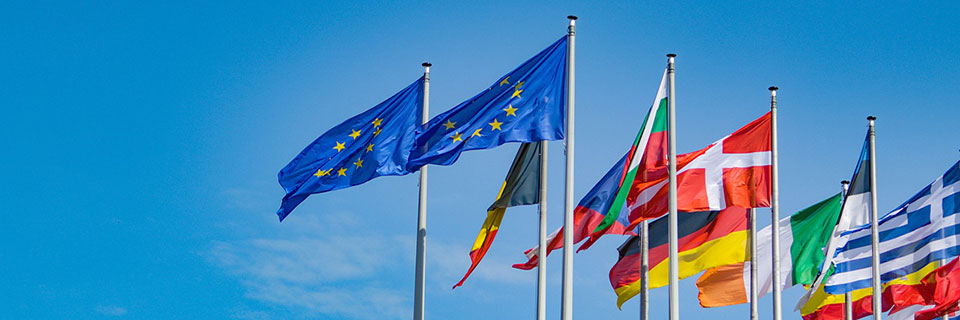Justice ministers of EU Member State governments have agreed their position on a draft directive on asset recovery and confiscation, setting out minimum rules on the tracing, identification, freezing, confiscation and management of criminal property.
The directive will be based on a draft proposed by the European Commission in 2022. Member States' asset recovery offices will be given extra powers to follow criminal money across borders with immediate and direct access to relevant national databases and registers in some cases. They will also be granted new powers to confiscate assets, although the directive will not oblige a Member State to introduce or maintain any offence. The definition of property that can be subject to freezing and confiscation is defined as broadly as possible. It covers legal documents or instruments evidencing title or interest, including financial instruments, crypto-assets and documents found in the possession of the target individual or trust.
The most contentious element of the directive is a new rule allowing confiscation of unexplained wealth without requiring a criminal conviction. Most Member States’delegations agreed with the substance of the proposed provisions, but considered that adjustments had to be made in relation to national legal systems and to accommodate technical requests.
The result was an annex containing a 'balanced compromise text' taking account of the interests of all Member States. It does not require that a criminal offence is proved against the target individual, but a court will have to be convinced that the property is derived from criminal conduct before it can be seized. Moreover, confiscation without a prior conviction will be limited to cases where a final conviction in criminal proceedings was not possible because of illness, absconding or death of the perpetrator. It will also apply only where the offence would have caused substantial economic benefit, was committed by organised criminals and was punishable by at least a four-year jail term...
Login to see the whole story
For business consultation, please contact us








